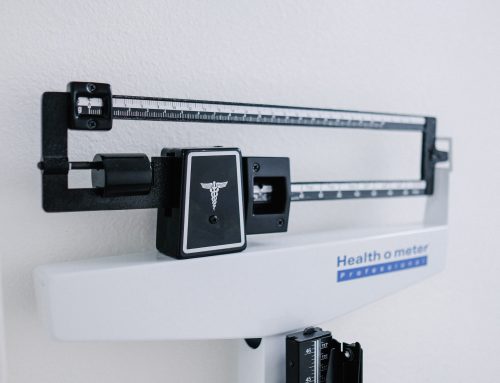As you may know, I have a passion for helping patients find relief from gastrointestinal symptoms by using diet, lifestyle changes, and occasionally supplements. I wanted to compile a list of some simple changes that I continually recommend to help manage IBS and other gastrointestinal symptoms. If you or someone you know is struggling, please pass this info on to them. I’ve personally navigated my way through a number of symptoms over the last 15 years, and have learned so much (and added back almost all foods!). Additionally, I’ve been using my expertise to help our 4 year old son, who has also suffered from GI symptoms, some of which landed him in the hospital a few years ago.
Below, you will see a list of general and more specific recommendation that I use with patients. If you try something and it seems to make any symptoms worse, stop! Bodies react differently and similar symptoms can be caused by different underlying problems. That’s why individualized care is so important! Don’t skip the general recommendations, as they are usually the most important for all the below symptoms. The following lists are ideas and not meant to be read as “do all of these things,” but rather, “consider these and try one or more out, to see if it helps.”
General Recommendations For All GI patients:
- Chew your food well!
- Relax at your meals and try to stay mindful. Try not to be overly distracted while you’re eating.
- Stop when you’re starting to feel full.
- Pay attention to how you feel (symptoms could be bloating, heartburn, diarrhea, pain, gas, constipation, headache, fatigue, etc.) after you eat. Many people don’t make a conscious effort to connect what exactly they’re eating, to how they feel.
- Journal your symptoms with your daily foods.
- Rule out food sensitivities by doing an elimination diet. This is usually my very first step. It may take a few tweaks to figure out the best diet for you.
- Try eating cooked fruits and veggies, instead of raw, for awhile.
- Probiotic supplementation. HERE is an excellent article, breaking down the types of probiotics available and how to use them.
For Constipation:
- Increase fiber in your diet. I often recommend using ground flax or chia seed, daily.
- Make sure you’re drinking an adequate amount of water. Other beverages don’t count.
- Pull back on dairy, if you consume many servings a day.
- Supplement with magnesium citrate at night. I like THIS one, but any one will do.
- Get some movement in, daily.
- Upper digestion may need some support, if deficient in stomach acid or digestive enzymes.
- Question if there are medications or underlying medical conditions that could be the cause.
For Diarrhea:
- Most of what’s above for constipation, can also be applied for diarrhea.
- Eliminate gluten and dairy. Look for other food sensitivities if that doesn’t work.
- If caused by fat malabsorption, decrease dietary fats and limit those eaten, to saturated fats.
- Too much supplemental magnesium and Vitamin C can cause loose stool.
For Bloating:
- Reduce carbohydrates at each meal. Increase protein, fats and veggies.
- Drink 1-3 tsp of apple cider vinegar or lemon juice, in 4 oz of water, before or with a meal.
- Supplement with some digestive support like HCL (stomach acid) or digestive enzymes (or a combination). Do not take HCL if you routinely take anti-inflammatory medication such as corticosteroids (e.g. predisone), aspirin, Indocin, ibuprofen (e.g. Motrin, Advil, etc.) or other NSAIDS. These drugs can damage the GI lining that supplementary HCL might aggravate, increasing the risk of gastric bleeding or ulcer.
- Supplemental fiber and other additives to supplements can cause bloating.
- Try the low FODMAP diet for a few weeks to see if it’s helpful.
For GERD (reflux or heartburn):
- Reduce carbohydrates at each meal. Increase protein, fats and veggies.
- Reduce or eliminate spicy and acidic foods.
- Supplement with additional HCL at meals. Read more on that, HERE.
- Ask your doctor for an H.Pylori test.
If you’ve tried some of the above recommendations and haven’t found relief, I’m here to help!

 My office is open for in-person and virtual appointments. Here is the
My office is open for in-person and virtual appointments. Here is the 



